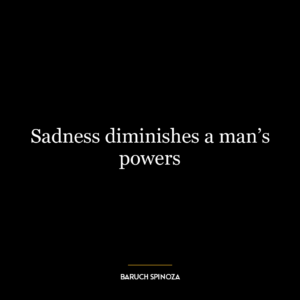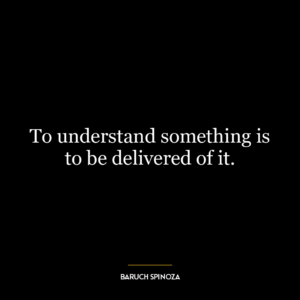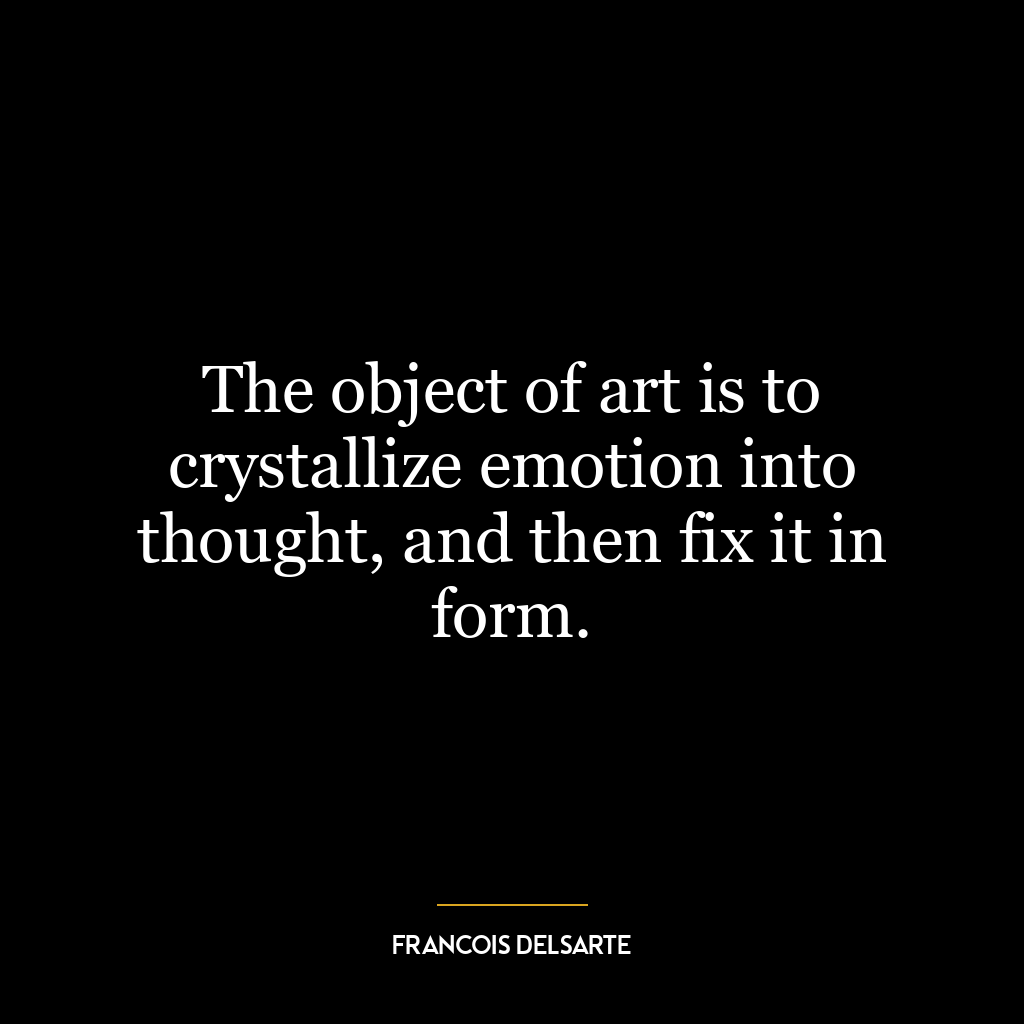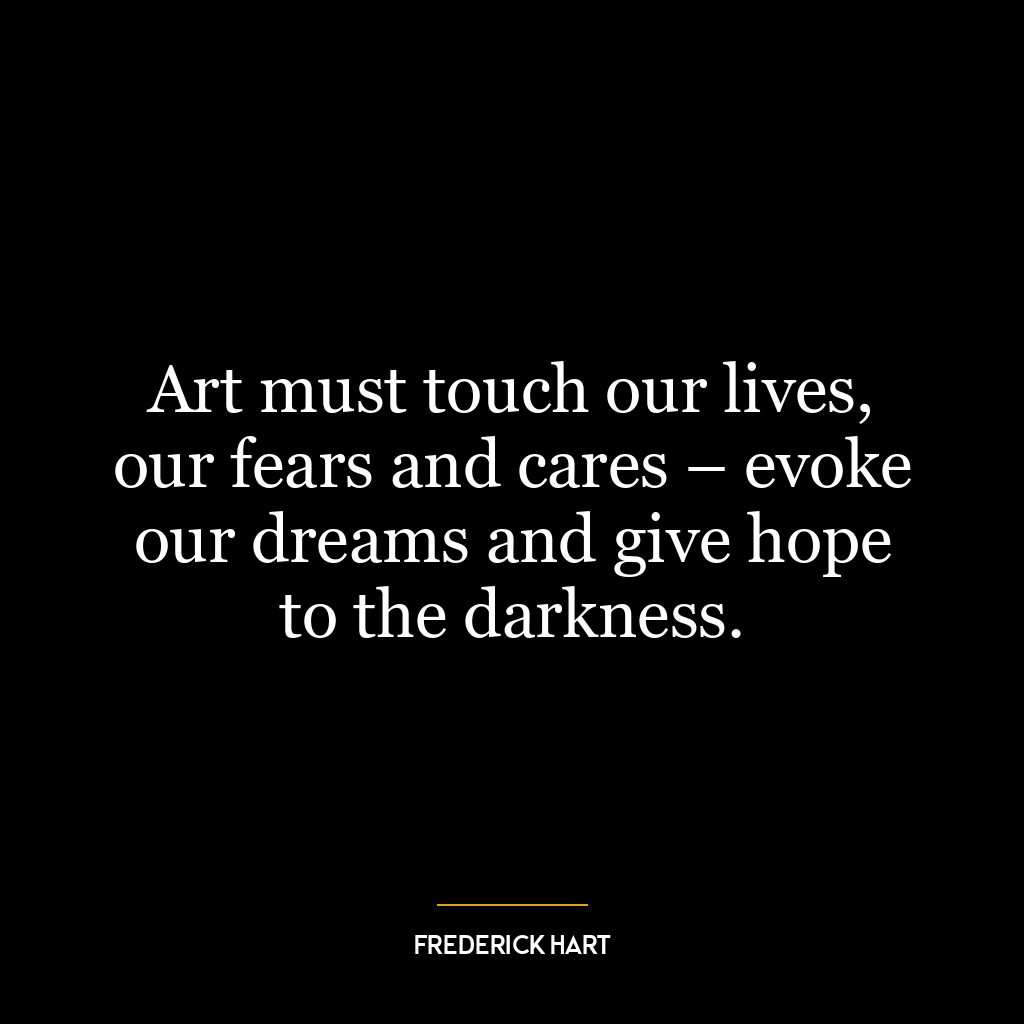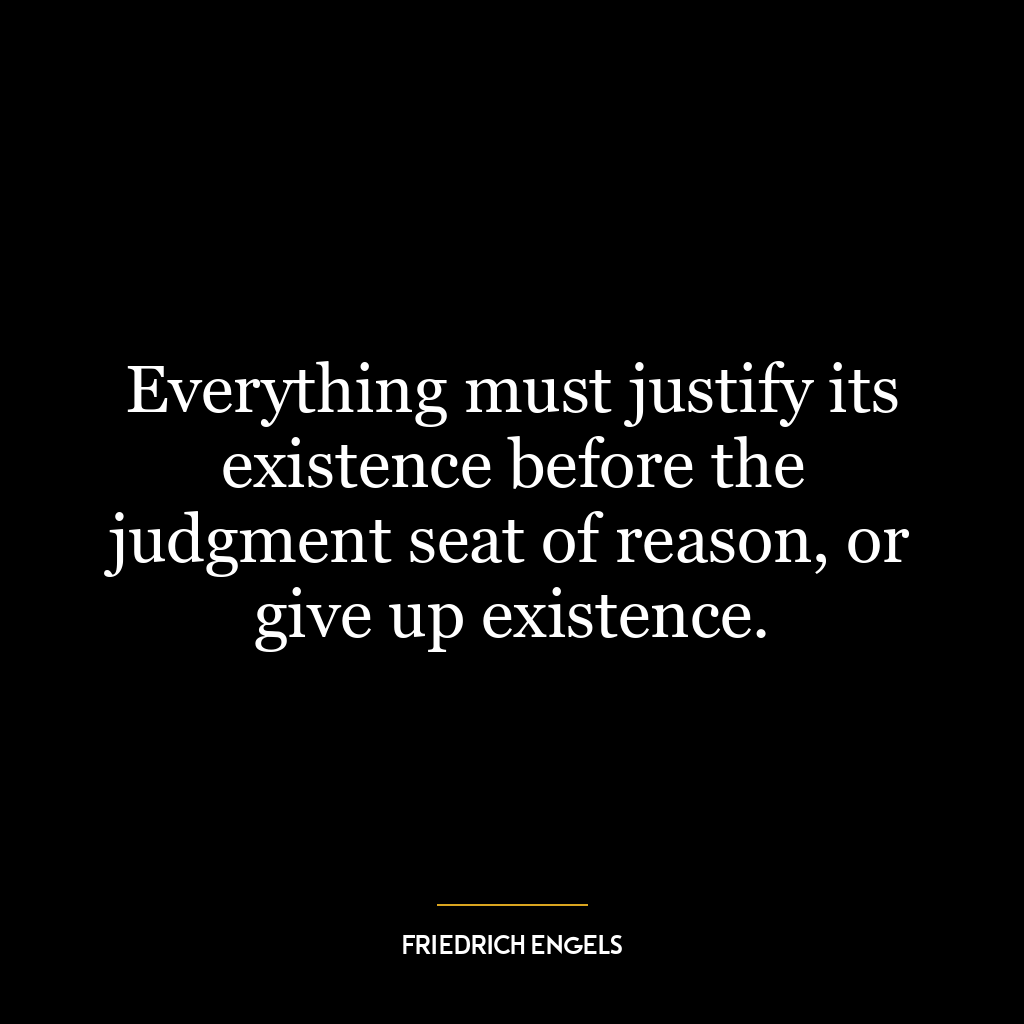Reason connot defeat emotion, an emotion can only be displaced or overcome by a stronger emotion.
This quote by Baruch Spinoza implies that logic or reason alone cannot overpower an emotional response. Emotions are not driven by rational thought; they are visceral and often irrational. They don’t follow the same rules as logical reasoning. Therefore, trying to use reason to overcome an emotion is like trying to fight fire with paper—it’s simply not effective. Instead, Spinoza suggests that the only way to overcome an emotion is with a stronger emotion.
For example, if you are feeling fear, you can’t simply tell yourself not to be scared and expect the fear to go away. But you can overcome that fear with a stronger emotion—like love or determination. If you love someone more than you fear something, that love can help you overcome your fear. Or if you are determined to accomplish a goal, that determination can help you overcome the fear that stands in your way.
This idea can be applied in various fields in today’s world. In psychology or therapy, it is often used to help people manage their emotions. For instance, cognitive-behavioral therapy often involves identifying negative emotions and then finding ways to replace them with more positive ones.
In personal development, this concept can be used to motivate change and growth. For example, if someone is struggling with procrastination, they might try to cultivate a stronger emotion—like excitement about the end result—to overcome the inertia and get started. Or if someone is stuck in a negative mindset, they might try to foster a stronger emotion—like gratitude or optimism—to displace the negativity.
In the context of social movements, this idea can be used to inspire action. If people are apathetic about a cause, trying to reason with them might not be effective. But if you can evoke a stronger emotion—like outrage at an injustice or empathy for those affected—you can motivate them to take action.
In this way, Spinoza’s quote highlights the power and complexity of emotions. It reminds us that emotions can’t be reasoned away, but they can be harnessed and redirected in productive ways. It’s a call to acknowledge and respect our emotions, and to use them wisely and effectively in our lives.



